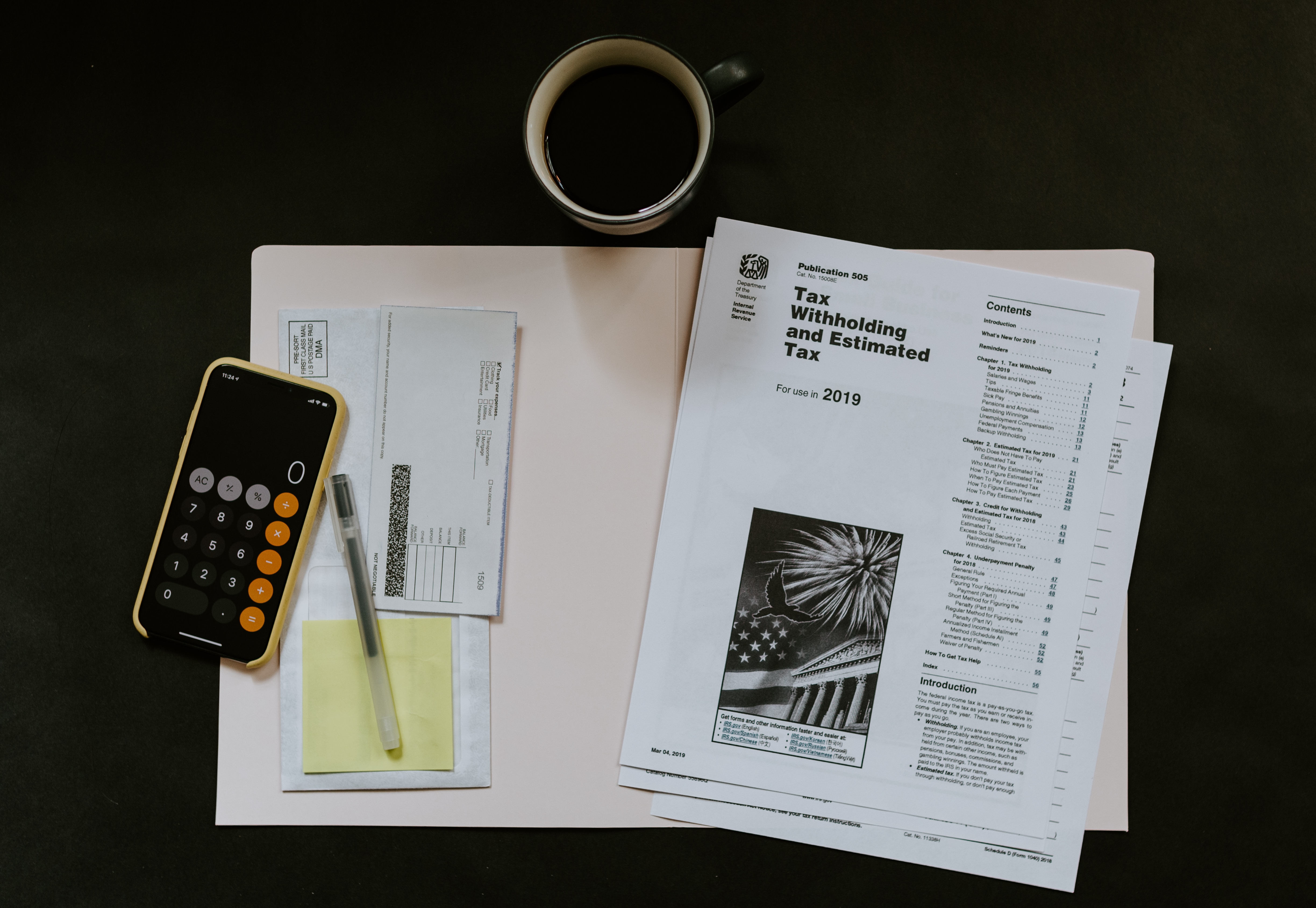
Tax for Small Businesses [COMPLETE GUIDE]
November 14, 2019 10:41 amSmall businesses face a number of taxes that they, and their directors, must pay. Here’s our small business tax guide.
Corporation Tax
It’s paid by limited companies only and is calculated as a percentage of a business’ profits or taxable income generally, money the business makes after deducting all allowances, tax relief and expenses, such as salaries.
Corporation tax is self-assessed. The company calculates how much corporation tax it owes and files a return with HMRC along with the payment for the tax it owes.
Corporation tax is due for payment nine months after the end of the businesses accounting period, or year-end.
Value Added Tax (VAT)
If your business sells products or services then you may need to start charging value-added tax.
This is a tax that applies to most products and services sold across the UK, although some products and services – such as publications – can be exempt or have a lower tax rate.
The standard rate for VAT is 20% of the price the customer pays for your product/service.
You can register your business for VAT at any time but legally you must have registered your business for VAT by the time your turnover exceeds £85,000.
On an invoice to a customer, VAT is charged as a separate amount, and then is paid to HMRC quarterly.
Once registered for VAT, you can claim back any VAT the business pays on products on services.
National Insurance
If your business employs staff then you must pay national insurance contributions.
It is paid to HMRC directly when you pay staff salaries and include several classes of national insurance.
- Sole traders pay Class 2 and Class 4 NIC’s and are required to pay contributions from the first day of self-employment.
- NIC’s are deducted from your gross earnings, assuming the figures are above the lower earnings threshold.
- Individuals who run a business via a partnership arrangement are taxed in the same way as sole traders.
- Class 2 National Insurance Contributions are £3.00 per week for 2019/20 assuming your profits are above the small profits threshold.
- Class 4 National Insurance Contributions are paid on profits you make as a self-employed person.
- The Class 4 NI rate is at 9%, to be paid on profits between £8,632-£50,000 in 2019–20. Earnings over £50,000 will require a 2% contribution.
Income Tax
If you’re a sole trader you must pay income tax that are based on the profits of your business.
You’ll start paying income tax once our profit goes above your personal tax allowance, which is£12,500 in 2019.
If you’re a company director of a small business, you pay income tax on any salary you take from the business, and you’ll pay tax according to the same tax thresholds as any employee in a company.
Income tax is usually collected via PAYE (Pay As You Earn) and paid directly to HMRC.
Business Rates
Depending on the type of business you run and its office location, your company may need to pay business rates.
Business rates are usually applied if your business is operated from dedicated premises. For example, a shop or office.
Business rates operate like Council Tax. Different businesses may have to pay different rates – there are also lots of business tax relief schemes and grants available.
If you run your business from home and don’t have visiting customers, or have not converted part of your home for the dedicated business activity, then you should not generally have to pay business rates.
Contact us now for a consultation – We offer a full range of accountancy services from personal taxation, VAT and year-end compliance to business advisory and cloud accountancy.
Enjoyed our small business tax guide post? Check out our previous blog post here.
Visit our social media pages for daily information: Twitter, Facebook, LinkedIn
Categorised in: Small Business
This post was written by Daisy Vowles





Comments are closed here.